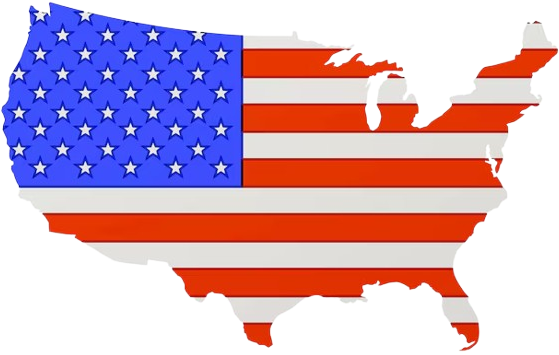Shipping caulks, whether acrylic, latex, or silicone, requires understanding key logistics facets that ensure efficiency and cost-effectiveness. Given the moderate dimensions and weight of caulk products, understanding the freight options suitable for your needs is crucial. Here, we'll explore how to navigate the shipping process within Freight Sidekick's spectrum of services, ensuring your caulks reach their destination smoothly in the United States and Canada.
Understanding Shipping Requirements for Caulks
Caulks are often packaged in tubes or cartridges, requiring careful consideration of packaging to prevent damage during transit. The primary requirement is ensuring your shipment is palletized or crated to provide structural support. For larger commercial quantities, understanding bulk packaging dimensions can help in optimizing freight solutions. Our Freight Quote Tool can assist in acquiring precise quotes based on your shipment's specifics.
Freight Options for Shipping Caulks
Choosing the appropriate freight service depends on the shipment size, weight, and urgency. Here are the most suitable freight options for caulk products:
- Full Truckload (FTL): Ideal for large shipments where you need the entire truck exclusively for your goods. This ensures no intermediate stops, reducing the risk of delays.
- Less Than Truckload (LTL): Useful for smaller shipments (up to 15,000 lbs). LTL services consolidate shipments from different suppliers in a single truck, optimizing cost without needing a full truck's space.
- Partial/Shared Truckload: Best for shipments between 12-36 feet and weights up to 30,000 lbs. It reduces costs by sharing truck space.
Technical Considerations and Equipment Needs
Caulks, due to their packaging, do not typically require specialized transport equipment. Standard Dry Vans are often adequate for LTL and FTL services. However, if shipping during extreme weather conditions, consider Refrigerated or Climate-Controlled trucks to maintain quality integrity. Engage our Freight Class Calculator to classify your shipment accurately and secure optimal pricing.
Loading and Unloading Best Practices
For efficient loading and unloading, use forklifts or pallet jacks to handle pallets. Ensure workers are equipped with appropriate safety gear to prevent injuries. It's vital to secure pallets adequately to avoid shifts during transit.
Bill of Lading: Your Shipping Essential
A Bill of Lading (BOL) is an indispensable document in freight shipping, serving as a shipment receipt and contract between the shipper and carrier. It details the shipment's contents, destination, and special instructions. To avoid legal complications and ensure clarity in transactions, leverage our Bill of Lading Generator to create a free, compliant BOL for your shipments.
Cost-Saving Strategies in Caulk Shipping
- Consolidate shipments where possible to maximize LTL benefits and reduce costs.
- Schedule for non-peak transportation times to manage expenses and availability.
- Negotiate long-term contracts for regular shipments to take advantage of bulk discounts.
Get Personalized Assistance for Shipping Caulks (Acrylic, Latex, Silicone)
Need help with your caulk shipment? Get a quote today, call us at 877-345-3838 or email support@freightsidekick.com. Our experts are ready to streamline your freight process.











